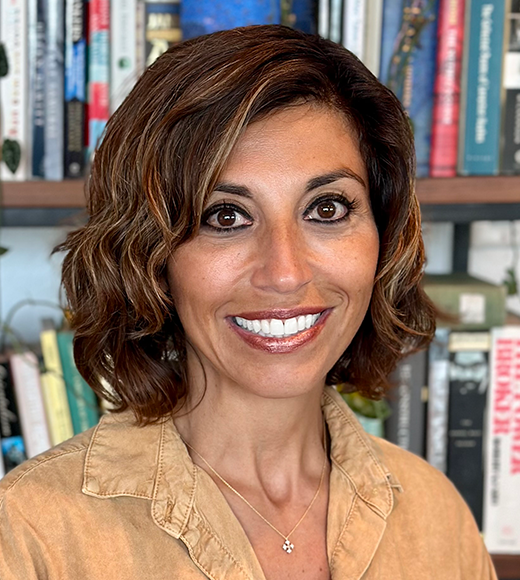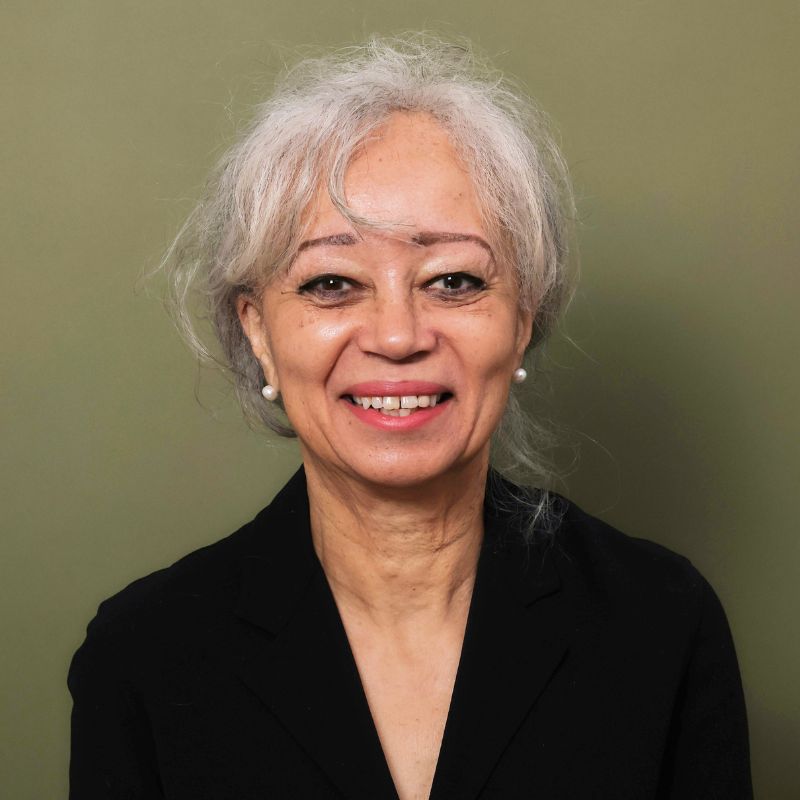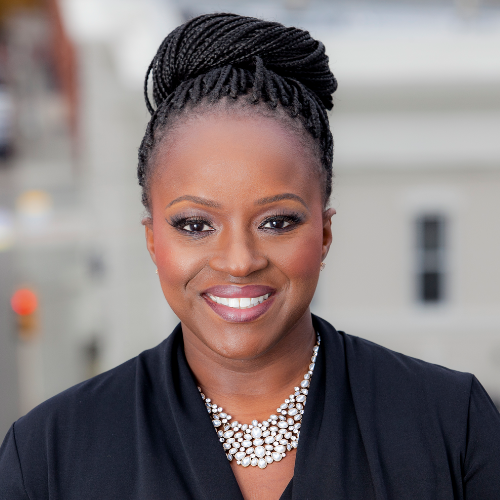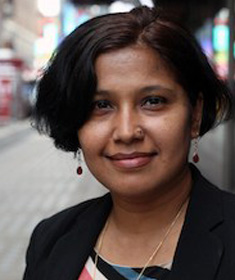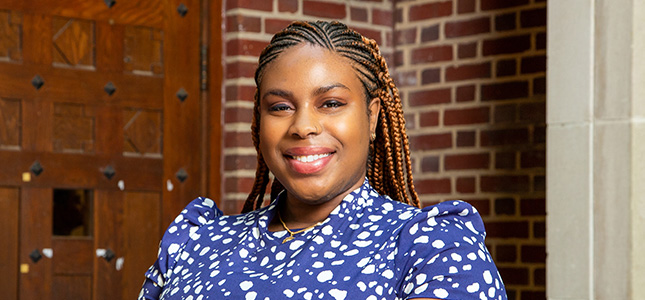Section on Race and Private Law
The AALS Section on Race and Private Law is holding its inaugural Patricia J. Williams award ceremony. This year’s honoree is Professor Mehrsa Baradaran, who will receive her award from Professor Patricia J. Williams for excellence in scholarship in the areas of race in private law.
